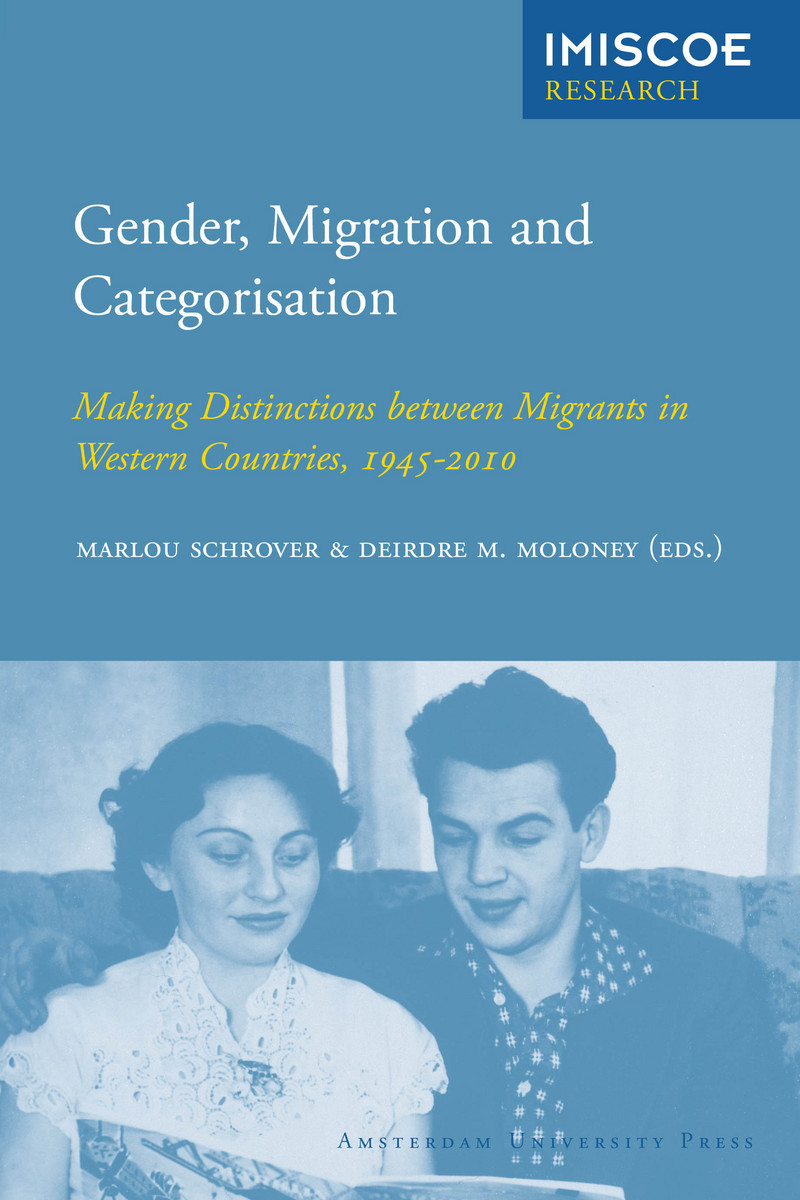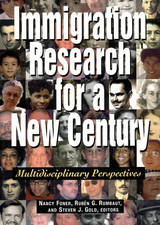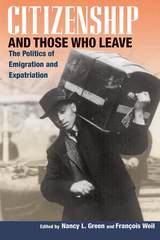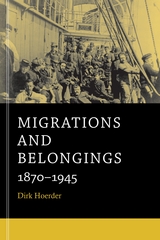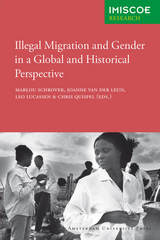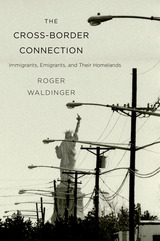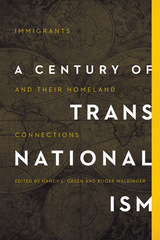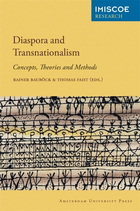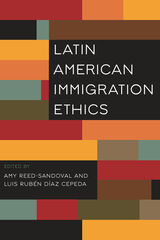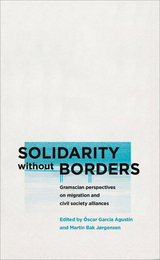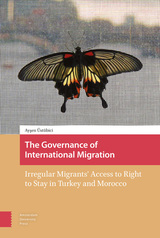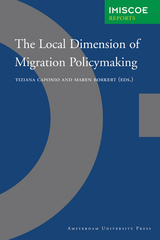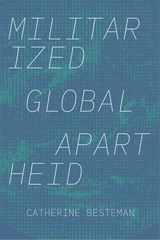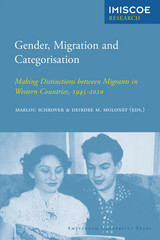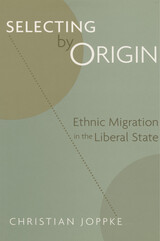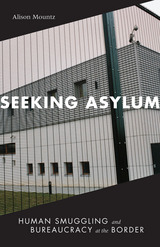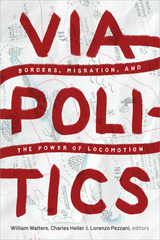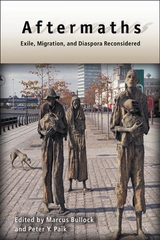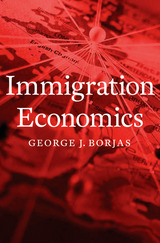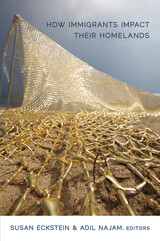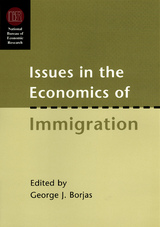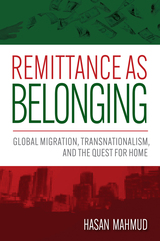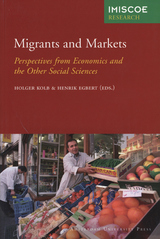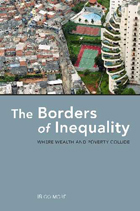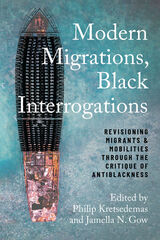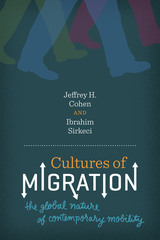Gender, Migration and Categorisation: Making Distinctions between Migrants in Western Countries, 1945-2010
Amsterdam University Press, 2013
eISBN: 978-90-485-2175-3 | Paper: 978-90-8964-573-9
Library of Congress Classification JV6038.G46 2013
Dewey Decimal Classification 304.8
eISBN: 978-90-485-2175-3 | Paper: 978-90-8964-573-9
Library of Congress Classification JV6038.G46 2013
Dewey Decimal Classification 304.8
ABOUT THIS BOOK | AUTHOR BIOGRAPHY | TOC
ABOUT THIS BOOK
This collection explores how Western countries have historically distinguished between categories of migrants—such as labor, refugee, family, and postcolonial migrants. Covering France, the United States, Turkey, Canada, Mexico, the Netherlands, Sweden, and Denmark, the contributors explain how concepts such as “refugee,” “family,” and “difference” have been defined through policy and public debate. Tightly intertwined, these definitions are continuously changing with the economic and geopolitical climate, as well as in relation to migrants’ gender, class, ethnicity, religion, sexual orientation, and countries of destination and origin.
See other books on: Migration | Sex differences | Sex discrimination against women | Western countries | Women immigrants
See other titles from Amsterdam University Press
